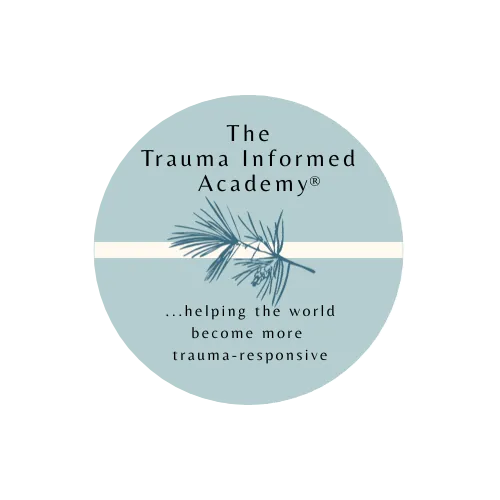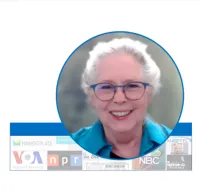

Healing Doesn’t Mean Rehashing Everything
We get told to tell our stories every time we turn around. It’s therapists and counselors, social media, and your next door neighbor filming you in the yard, “me too” or all the attention given Prince Harry’s family troubles, saying “Tell your story.” They’re everywhere. Frankly, I’ve heard more stories than I can count. There might be variations, and I am pretty sure I know the overarching storylines for 90% of the stories (or more).
By now, some readers are not happy with me. Silenced from giving voice to things that shouldn’t happen, told to keep quiet, and not listened to, they have decided I just don’t want to hear. Or that I’m a bot (seriously?). Can’t be a survivor. Nothing good, let me tell you! Please--stick with me a little longer while I say a little more.
Of course we need to tell our stories. And we need to be heard. Skilled helpers are right about that. There are two things they often miss:
First, is the risks that can last a very long time
Second is the lack of skills to know who and when to tell it to without harming the other person. No one wants to perpetuate what was done to them.
About those risks. Just a month ago, someone tried to use a diagnosis I received in 1990 as a weapon in a workplace conflict (can you believe it?). It’s 35 years later. No evidence of any of the problematic behavior in over ten years. Functioning well. But they knew my story. And they could hold it against me.
I, like many, spent years telling my story over and over again. To anyone and everyone and finally much more selectively and sometimes with the help of a media consultant (which helped me know how to handle the recent experience).
What I know is that while I learned to tell my story until it had no power over me, I also missed some really important skills about how to develop a relationship where my story could be heard. I had no clue about the levels of intimacy, how they got built in ways that honored both my story my would-be listener.
I think we lost some sense of levels of intimacy with all the blurred lines we see in media. They just don’t have time to go through the levels as they descend:
Introductory clichés we use on first meeting (“Fine thank you, how are you?)
Basic facts everyone can agree on (“Sky sure is blue today…”)
Opinions (“You know, I really prefer Italian over Mexican food”)
Hopes and dreams (“Maybe someday I’ll be a success”)
Feelings (“I’m so scared right now”)
Faults/fears/failures (“I made a mistake,” “I’m scared of being alone”)
Legitimate needs (“I need to know you can be around me in spite of my history”)
We step through these, and at each point we can choose “Is this person low enough risk for me to continue?” and “How much can I trust this person?” so that we can keep talking, or back out. Start at 7? Nope. Start at 1.



Email our Admin:
©Copyright 2025 EPower & Associates, Inc. All Rights Reserved.
Privacy Policy | Terms of Use
Featured On...


